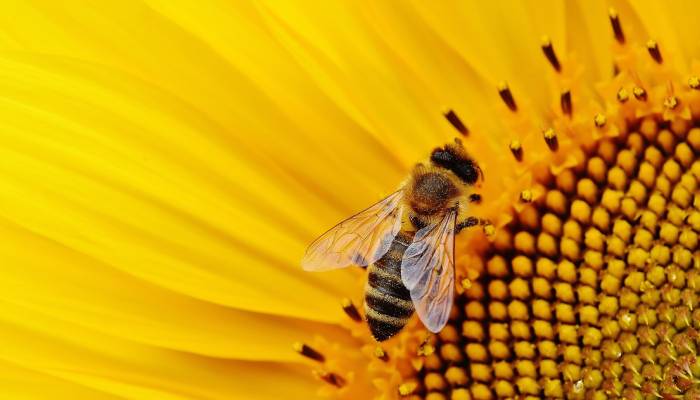
In recent data by two environmental charities, it was revealed that most of the waterways tested in the past year contained pesticides that are harmful to bees.
As per BBC, the reports found that neonicotinoids pesticides were detected in 85% of English rivers tested by the Environment Agency.
The previous government allowed the use of the banned pesticide, which was only approved for emergency use to tackle a disease harming sugar beet crops.
This decision is now being investigated by the Department for Environment, Food and Rural Affairs (Defra).
The government on Monday promised "to ban the use of neonicotinoids pesticides that threaten bees and other vital pollinators.”
What are neonicotinoid?
Neonicotinoids are a group of insecticides used in farming, gardening and veterinary medicine to control pests, but they pose a threat to bees and other helpful insects.
Sugar beet farmers are currently using them to protect their crops from virus yellows, a disease spread by aphids.
Dr Richard Gill, principal researcher at Imperial College explained that under the effect of neonicotinoids, bees may have to struggle with flying and “seem to bring back less pollen” to their hives.
"It is concerning that we're finding these pesticides in the rivers," Dr Gill added.
Neonicotinoids can also be very dangerous for marine ecosystems, including river insects. Not only this, they are also highly dangerous to human health.
Experts adviced that individuals planning to swim in polluted rivers should understand the contamination levels and educate themselves about the risks.
The authorities are now urging the regulator to conduct more extensive river monitoring as a small portion of the country’s river sites were tested so far.















